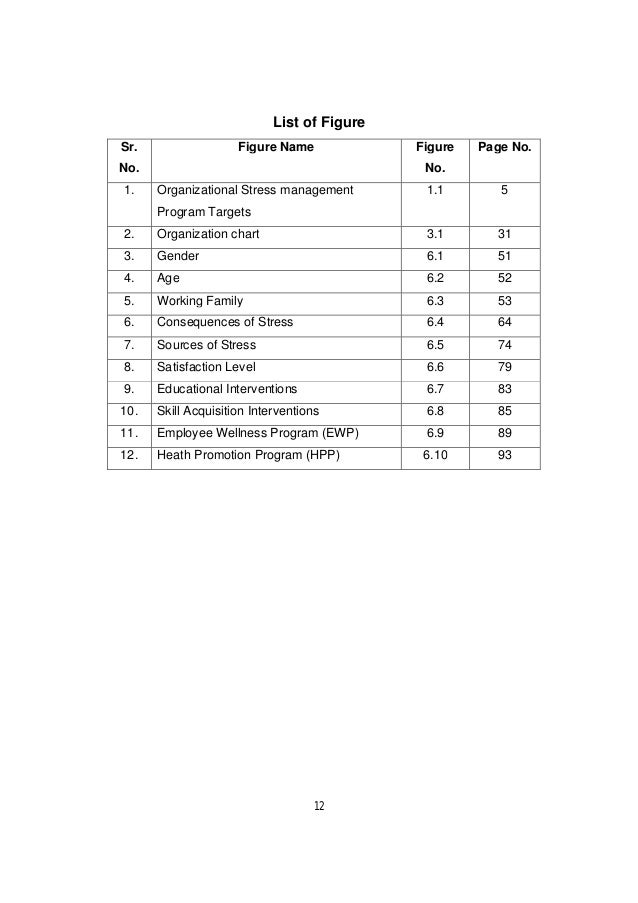Stress Management Employee Wellness Program
Feeling stressed at work? You are not alone. Studies indicate workplace stress is on the rise (American Institute of Stress, 204) with increasing pressure to perform, toxic work environments, and the demands brought on by technological advances and job insecurity.

Workplace stress occurs when the demands of the job are perceived to exceed the available internal and external resources the employee needs to perform. Workplace stress is often associated with physical health problems such as headaches, upset stomach, and muscle tension; and psychological problems such as depression, anxiety, and burnout. All of which may contribute to overall career frustration. According to the American Institute of Stress (2014), workplace stress costs organizations over $300 billion annually in lost productivity due to absenteeism, turnover and healthcare expenditures. A 2009 survey by the American Psychological Association indicated that 69% of employees reported that work was a significant source of stress for them and substantially interfered with their responsibilities at home.

With SHRM's Employee Handbook Builder get peace of mind. By reducing stress in the workplace. Affordable Ways to Promote Workplace Wellness. Stress Management for students What is stress? Stress is the wear and tear our bodies experience throughout our changing environment. Life Cycle Program Development here. Wellness Program.
Studies indicate that across occupational categories (blue-collar, white-collar, and helping professions) the social environment of the organization played a significant role in predicting depression and burnout. Characteristics of such included negative work relationships, interpersonal conflicts, lack of peer support, and social isolation. There are several proven strategies that can be implemented to reduce workplace stress and its associated consequences: For organizations and managers, creating an environment that is conducive to effectively coping with work stress results in significant economic benefits to the corporation.
John Lyons Semantics Volume 1 Pdf - Download Free Apps. Reduce workplace stressors such as work overload, job insecurity, and limited resources: Provide reasonable work demands and manageable work schedules. Graphing Calculator Ti-83 For Mac more. Increase employee control over the nature and timing of their work performance as well as decision-making within the organization. Enhance social support in the workplace; support from both supervisors and colleagues has been shown to be effective in reducing workplace stress.
Offer stress management programs that enhance employees' coping strategies: Programs designed to teach employees how to implement effective coping strategies in the face of workplace stress, including time management, conflict resolution, mindfulness meditation, relaxation and yoga, have been found to be effective. Researchers from the Schools of Medicine at Duke University and the University of Pennsylvania argue that 'in order for stress management programs to be effective, they have to be accessible, convenient, and engaging to the employees', as well as cost-effective and economically sustainable for the organization. These same researchers conducted a randomized controlled trial examining the effectiveness of therapeutic yoga and mindfulness-based stress reduction programs in reducing stress, enhancing emotional well-being and work performance. The trial enrolled 239 employee volunteers who were randomly assigned to one of three interventions: yoga, mindfulness meditation, or a control condition that provided the participants with a list of insurance-provided resources (fitness center discounts, wellness coaching opportunities etc.) They found that compared to the control condition, the therapeutic yoga and mindfulness based programs both lead to significant improvements in perceived stress levels and reduction in sleep problems; suggesting these strategies are viable interventions to implement in the workplace. For individuals, enhancing your own coping strategies and resilience in the face of workplace stress can reduce your risk for depression, anxiety, and burnout. Adopt a healthy lifestyle: Under times of stress, a balanced diet, exercise, and sound sleep can lay the foundation for effective stress management.